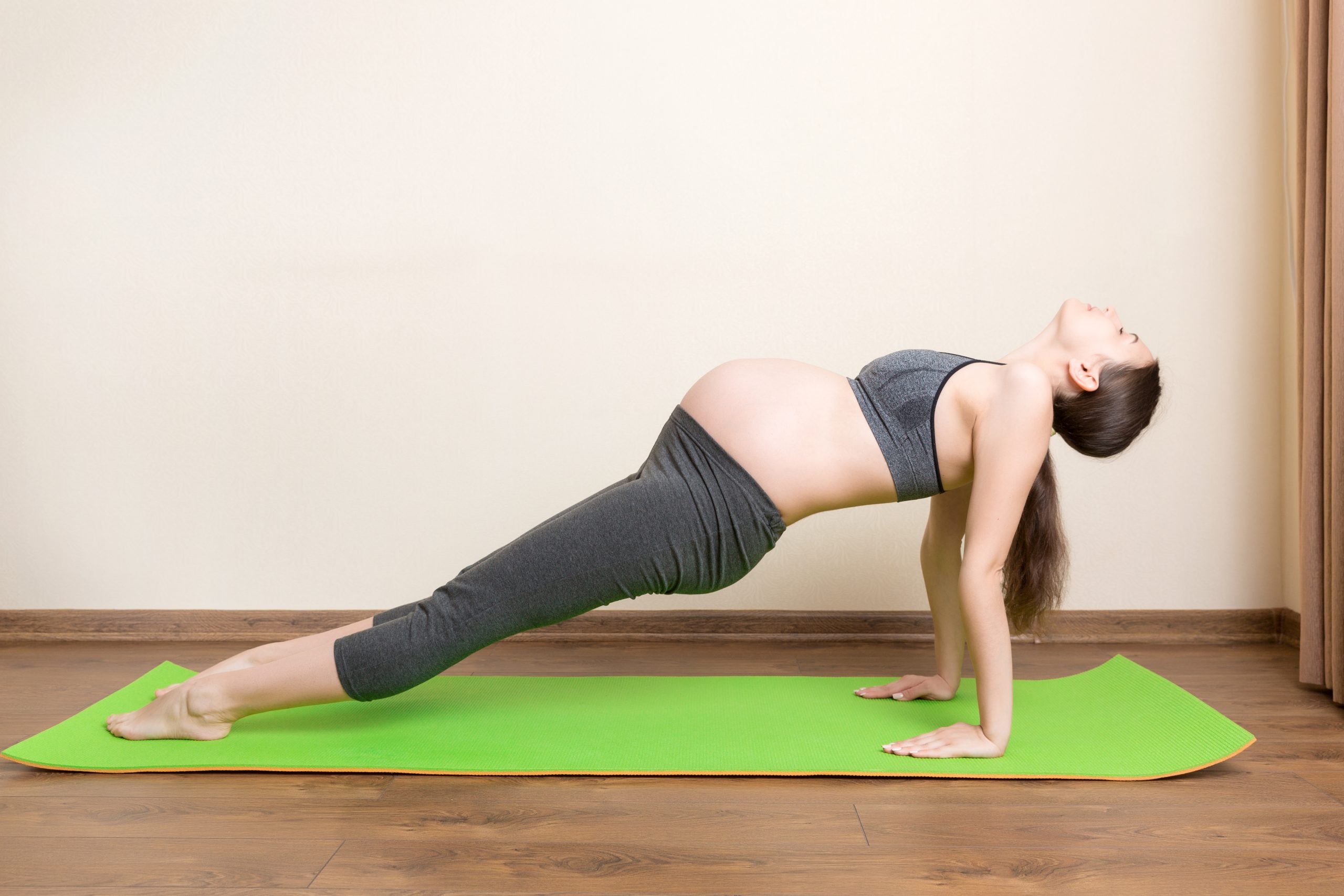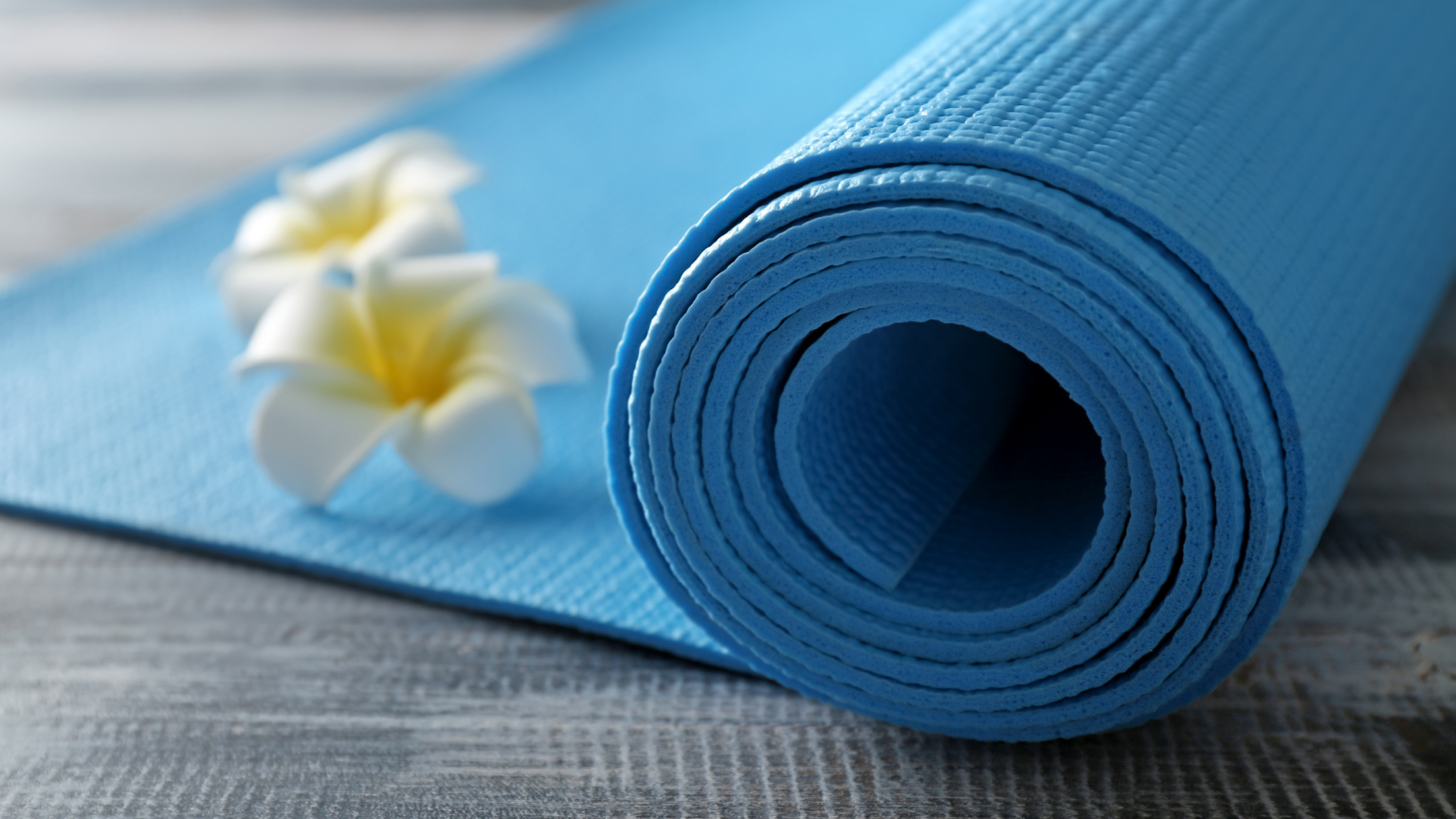Yoga has been a cherished part of my life for many years. It provides balance, calmness, and a chance to connect my body and mind. However, early in my journey, I mistakenly thought that mastering advanced postures was the ultimate proof of my dedication and growth. Scrolling through social media, it was easy to believe that mastering advanced poses like handstands or splits is the ultimate goal. Over time, I realized that these poses, while impressive, don’t define the essence of my practice.
The Early Days: Finding My Footing
When I first began my yoga journey, I was mesmerized by the effortless flow of experienced practitioners and my fellow teachers. Watching them gracefully transition into challenging poses like handstands and crow pose filled me with awe, and at times, an intense desire to reach their level of skill. As a beginner, I often felt the pressure to quickly master these complex asanas to prove my commitment.
However, this mindset led to its own difficulties. I often pushed my body too hard, resulting in frustration and occasional injuries. Instead of finding freedom and joy in my practice, I turned it into a source of stress, bound by self-imposed expectations.
Rediscovering Growth: Shifting the Lens of My Practice
The turning point came during a challenging class. I practiced next to a fellow yogi who had been practicing much longer than me. Despite limited mobility, she gracefully used modified versions of poses, taking her time and emphasizing her breath and intentions. At times, I couldn’t help but fall into the ‘monkey see, monkey do’ mentality and simply followed her pace. The focus shifted from mastering challenging poses to being present and tuning into my breath. That day, I realized that yoga isn’t a competition; it’s not even about mastering difficult poses. I slowly came to understand that my practice is unique to me, shaped by my own journey and experiences. I need to listen to my body and do what it’s ready for.
I moved from striving for advanced postures to valuing the subtlety of each movement. Research shows that mindfulness, a core aspect of yoga, can reduce stress by up to 30%. By focusing on my breath and staying present, I uncovered the true beauty of yoga—connecting with myself rather than seeking validation.

Listening to My Body Truly Defines My Practice
Learning to listen to my body transformed my perspective on yoga. Instead of forcing my body into poses, I honor its limitations and celebrate its capabilities. Some days, my practice is energetic and dynamic; other days, it’s slow and restorative.
I began to celebrate small victories, like holding a focused lunge or executing a gentle twist. This shift turned my yoga practice into a tool for connecting with myself on a deeper level. It’s a practice of self-compassion—accepting myself as I am, imperfections and all.
Research Supports the Shift
Studies underline that yoga’s benefits extend far beyond physical fitness:
- A 2019 study in Psychological Science revealed that mindfulness practices like yoga enhance emotional regulation and reduce stress, regardless of physical prowess.
- Research published in BMC Complementary Medicine and Therapies (2020) emphasized that yoga improves mental well-being, focusing on breath and mindfulness over physical achievement.

As a Yoga Teacher – Empowering Students to Find Their Own Limits
My approach to teaching yoga is rooted in the belief that progress happens when we challenge ourselves within the boundaries of self-care. In every class, I encourage students to embrace new challenges while staying attuned to their body’s needs. I push them to step outside their comfort zone but emphasize listening to their body and adjusting when necessary. By offering modifications, I ensure they can progress safely, balancing challenges with care. This approach helps them grow physically and build confidence, all while avoiding injury and respecting their unique limits. In these classes, laughter and understanding thrive.
Yoga as a Lifelong Journey
Reflecting on my journey, I realize that yoga is an infinite internal process. Each practice is an opportunity to learn about myself. Advanced postures no longer serve as benchmarks; I find joy in simple transitions, mindful movements, and conscious breathing.
Letting go of the pressure around advanced postures has deepened my practice. I admire those who can perform them, but I now understand that yoga is about celebrating the mind-body connection—beyond the mat. Showing up for your practice and being present, compassionate, and vulnerable in our experiences is the true essence we all need to dig deeper.
Embracing Our Unique Journey
Next time you find yourself stuck in this loop, please remember: yoga is about progress, not perfection. Trust your body, embrace the process, and be patient with yourself. Every step you take on the mat is a step toward a deeper connection, both physically and mentally. Keep showing up, and remember—your journey is unique to you.
Love & Light
Parul Agarwal (Author)




